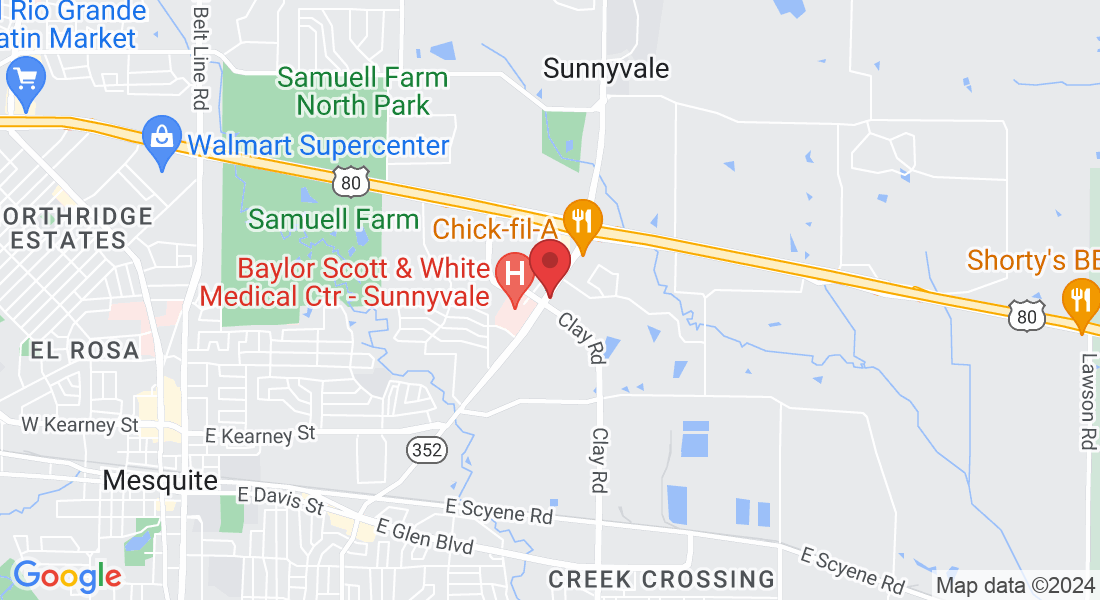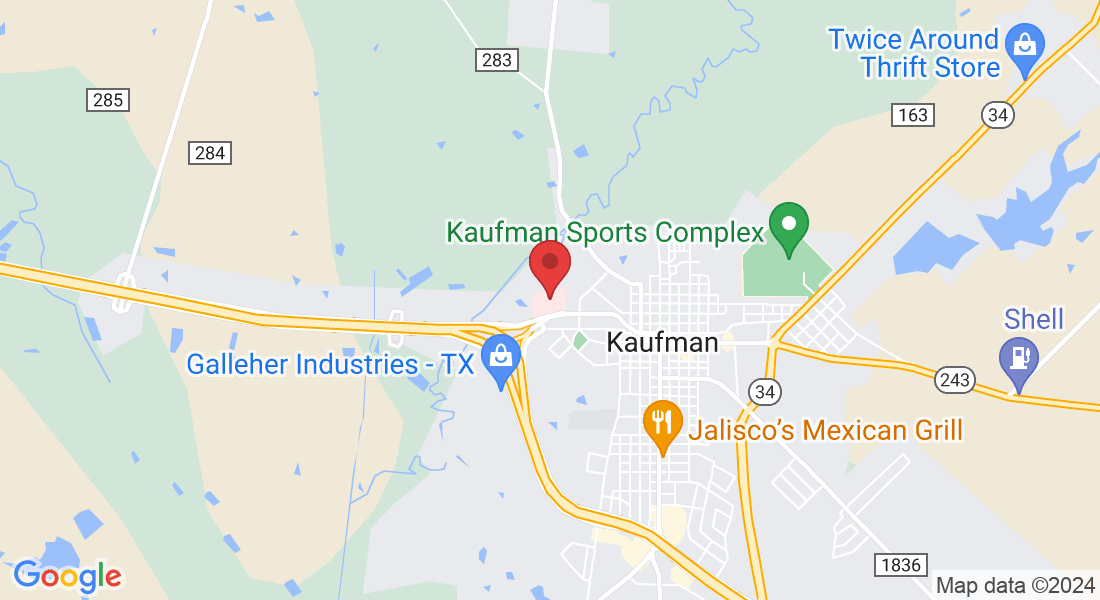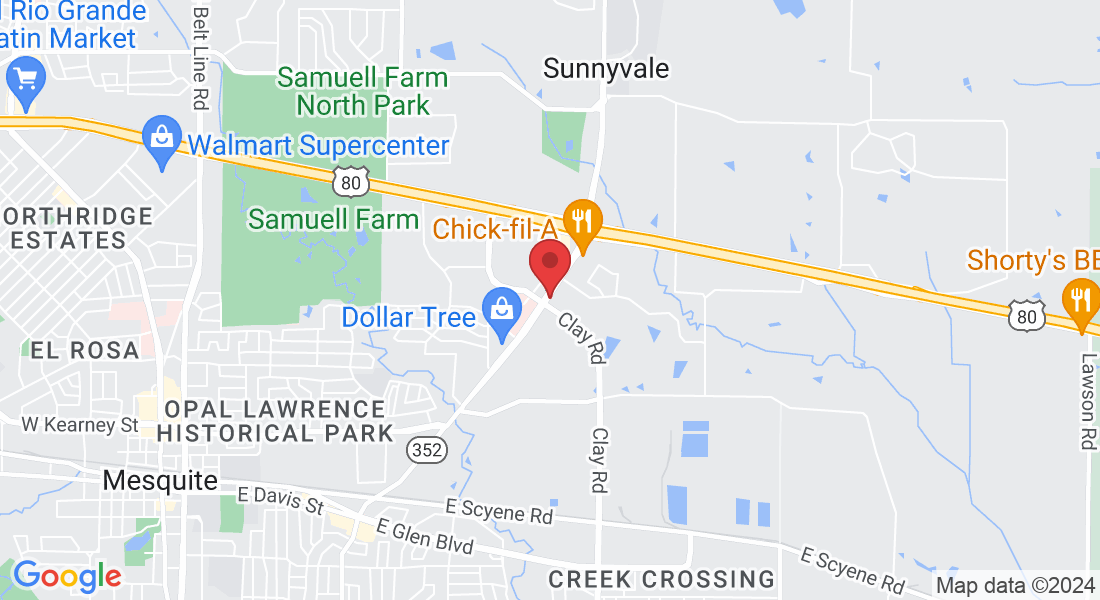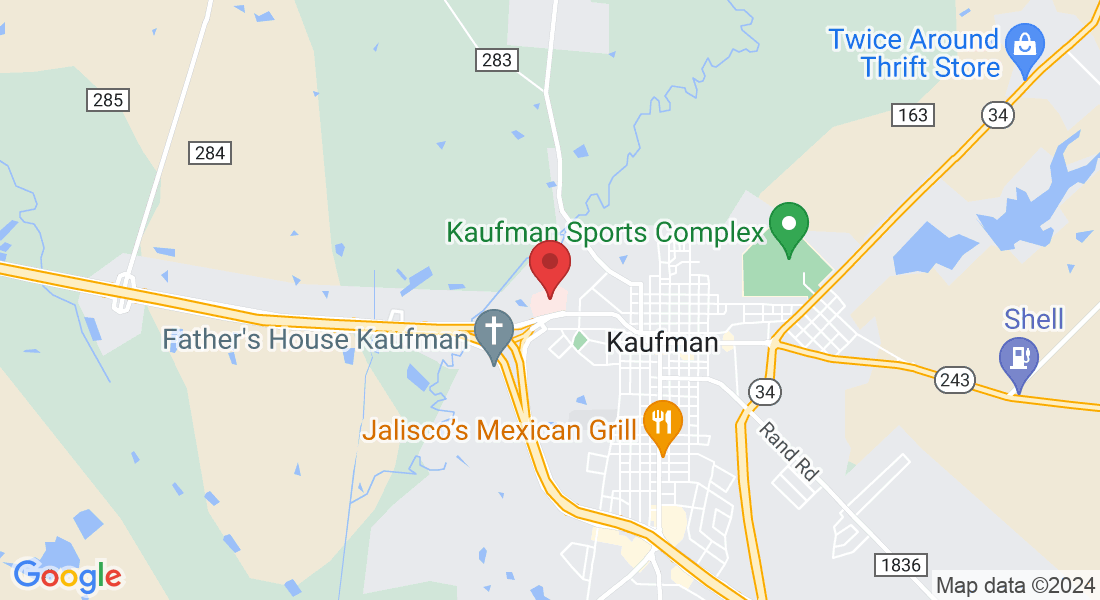214-256-3778
(214) 256-3770

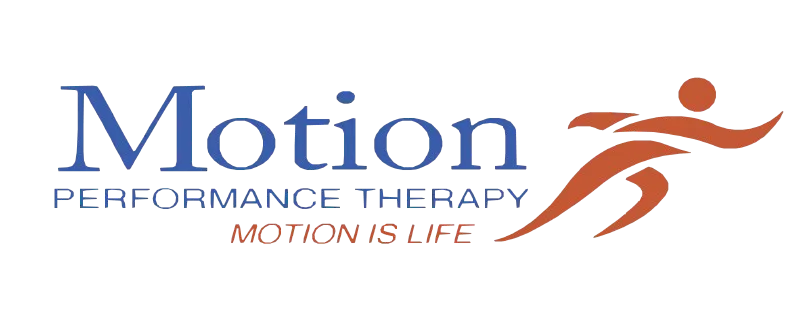
Tennis Elbow Specialist
When patients from in and around Sunnyvale, Texas and the greater east Dallas area suffer from tennis elbow, Jeff Zhao, DO at the Dallas Orthopedic and Shoulder Institute provides thorough and effective care to relieve pain and restore strength and mobility.


Tennis Elbow Specialist
When patients from in and around Sunnyvale, Texas and the greater east Dallas area suffer from tennis elbow, Jeff Zhao, DO at the Dallas Orthopedic and Shoulder Institute provides thorough and effective care to relieve pain and restore strength and mobility.
Tennis Elbow Q & A
What Is Tennis Elbow?
Tennis elbow is a painful condition caused by overuse of the elbow joint. It is common in athletes who play tennis or other racquet sports as well as other careers or activities that require repetitive use of the elbow. The condition is caused by inflammation of the tendons that join the muscles of the forearm to the outside of the elbow.
The condition is painful and limits a patient’s ability to use or bend his or her arm, often reducing grip strength. It most often affects a person’s dominant arm and develops gradually. There isn’t usually a specific injury that marks the beginning of the condition.
How Is Tennis Elbow Diagnosed?
Dr. Zhao performs through examinations to diagnose injuries and medical conditions. He will talk to you about your activities to see how or if your lifestyle is contributing to the condition. He will use a variety of tests to check your range of motion and the strength in your arm and hand. He may also order diagnosing imaging tests such as x-rays, MRIs, and electromyography (EMG) to see if any damage or inflammation that is not apparent externally.
How Is Tennis Elbow Treated?
In most cases, Dr. Zhao will begin treatment with conservative options such as rest, NSAIDs, or a brace. He may also suggest physical therapy or steroid injections. Steroid injections are very effective anti-inflammatory medications which reduce pain significantly when injected into the injured elbow.
A brace will provide additional support to the elbow, reducing strain and stress on the joint. If these conservative treatments are not effective surgery may be necessary. Most surgical procedures for tennis elbow involve removing the damaged tissue and reattaching the muscle to the bone.
Whenever possible, Dr. Zhao will use minimally invasive arthroscopic surgical techniques although in some cases a traditional open surgery may be necessary to fully repair the joint.
Tennis Elbow Q & A
What Is Tennis Elbow?
Tennis elbow is a painful condition caused by overuse of the elbow joint. It is common in athletes who play tennis or other racquet sports as well as other careers or activities that require repetitive use of the elbow. The condition is caused by inflammation of the tendons that join the muscles of the forearm to the outside of the elbow.
The condition is painful and limits a patient’s ability to use or bend his or her arm, often reducing grip strength. It most often affects a person’s dominant arm and develops gradually. There isn’t usually a specific injury that marks the beginning of the condition.
How Is Tennis Elbow Diagnosed?
Dr. Zhao performs through examinations to diagnose injuries and medical conditions. He will talk to you about your activities to see how or if your lifestyle is contributing to the condition. He will use a variety of tests to check your range of motion and the strength in your arm and hand. He may also order diagnosing imaging tests such as x-rays, MRIs, and electromyography (EMG) to see if any damage or inflammation that is not apparent externally.
How Is Tennis Elbow Treated?
In most cases, Dr. Zhao will begin treatment with conservative options such as rest, NSAIDs, or a brace. He may also suggest physical therapy or steroid injections. Steroid injections are very effective anti-inflammatory medications which reduce pain significantly when injected into the injured elbow.
A brace will provide additional support to the elbow, reducing strain and stress on the joint. If these conservative treatments are not effective surgery may be necessary. Most surgical procedures for tennis elbow involve removing the damaged tissue and reattaching the muscle to the bone.
Whenever possible, Dr. Zhao will use minimally invasive arthroscopic surgical techniques although in some cases a traditional open surgery may be necessary to fully repair the joint.
Our Patient Reviews
Our Locations
Dallas Orthopedic and Shoulder Institute - Sunnyvale
Office Hours
Monday through Friday - 8:00am – 5:00pm
Saturday & Sunday – CLOSED
Motion Performance Therapy - Sunnyvale
Clinic Hours
Monday through Thursday - 7:00 am - 5:30 pm
Friday, Saturday & Sunday - CLOSED
Phone Number:
214-256-3778
Address
222 South Collins Road, Suite 101
Sunnyvale, TX 75182
Dallas Orthopedic and Shoulder Institute - Kaufman
Office Hours
Monday through Thursday - 8:00am – 5:00pm
Friday, Saturday & Sunday - CLOSED
Motion Performance Therapy - Kaufman
Clinic Hours
Monday through Thursday - 7:00 am - 5:30 pm
Friday, Saturday & Sunday - CLOSED
Phone Number:
214-256-3778
Address
874 Ed Hall Dr Suite 104, Kaufman, TX 75142 (Professional building next to Texas Health Presbyterian Hospital in Kaufman)
Our Patient Reviews
Our Locations
Dallas Orthopedic and Shoulder Institute - Sunnyvale
Office Hours
Monday through Friday - 8:00am – 5:00pm
Saturday & Sunday – CLOSED
Dallas Orthopedic and Shoulder Institute - Sunnyvale
Clinic Hours
Monday through Thursday - 7:00 am - 5:30pm
Friday, Saturday & Sunday - CLOSED
Phone Number:
214-256-3778
Address
222 South Collins Road, Suite 101
Sunnyvale, TX 75182
Dallas Orthopedic and Shoulder Institute - Kaufman
Office Hours
Monday through Thursday - 8:00am –5:00pm
Friday, Saturday & Sunday - CLOSED
Motion Performance Therapy - Kaufman
Clinic Hours
Monday through Thursday - 8:00am –5:00pm
Friday, Saturday & Sunday - CLOSED
Phone Number:
214-256-3778
Address
874 Ed Hall Dr Suite 104, Kaufman, TX 75142 (Professional building next to Texas Health Presbyterian Hospital in Kaufman)


Copyright 2026Dallas Orthopedic and Shoulder Institute. All rights reserved


